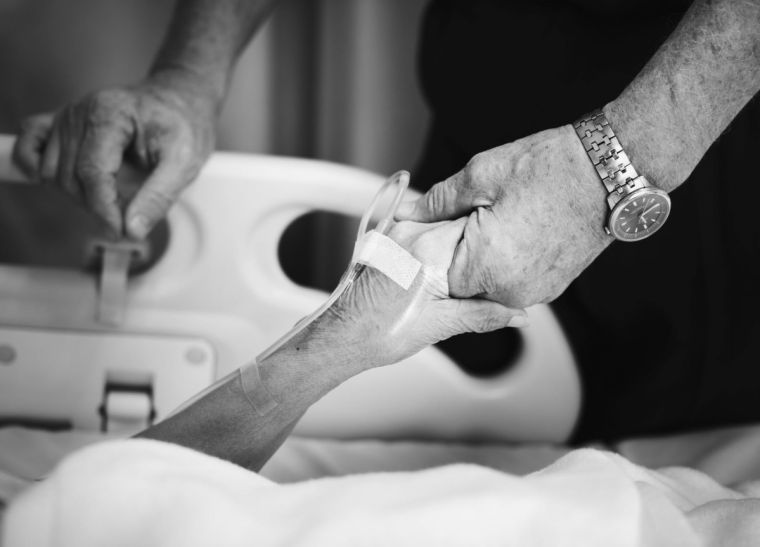Professional body for doctors to consult members on assisted dying

The professional body for family doctors in the UK is to consult members on what its stance should be on assisted dying.
It is the first time since 2013 that the Royal College of General Practitioners' 53,000 members are to be consulted on the issue.
The outcome of that consultation was that the college should remain opposed to any change in the law to permit assisted dying.
At present, helping someone to die is a criminal offence in the UK, punishable by up to 14 years.
Although it is against the law, there have been several high profile cases in which individuals have not been prosecuted.
The decision to consult RCGP members was made by the body's governing Council and follows fresh attempts by campaigners to allow assisted dying.
Professor Helen Stokes-Lampard, Chair of the RCGP, said that opinions may have changed since the last consultation six years ago.
"Assisted dying is an incredibly emotive issue that polarises opinions," she said.
"It has been nearly six years since we asked our members as to whether we should support a change in the law on assisted dying – since then, it is possible that views within our membership have shifted.
"As such, RCGP Council has decided that the time is right to conduct this consultation, and we will be issuing further details of how we will do this in due course."
Laws to legalise assisted suicide were defeated in Scotland and Westminster in 2015 but a cross-party group of MSPs recently launched a fresh bid to change the law in Scotland. The group includes Scottish Tory leader Jackson Carlaw, former Scottish Labour leader Kezia Dugdale and Green leader Patrick Harvie.
They argue that permitting assisted suicide would give people in terrible suffering a dignified death, but opposition campaigners say it would the the elderly, sick and vulnerable at risk. They want to see a focus instead on improving palliative care.
MSPs opposing the call to legalise assisted suicide have said that changing the law would send "mixed messages".
"Society should be preventing suicide, not assisting it," they said.











